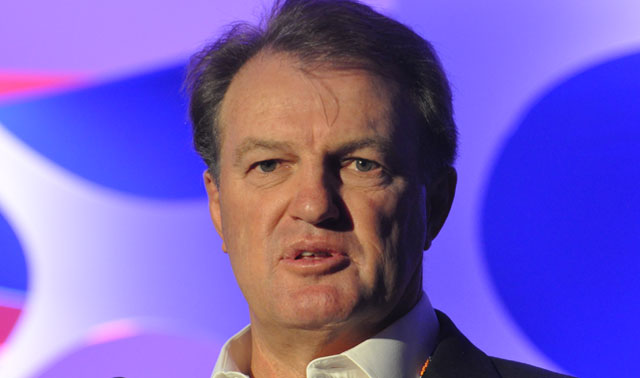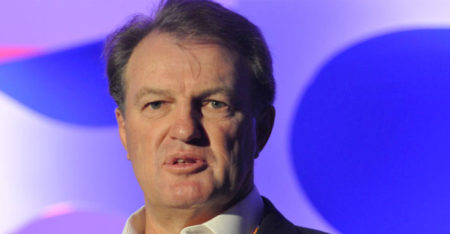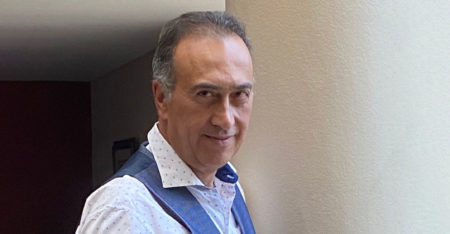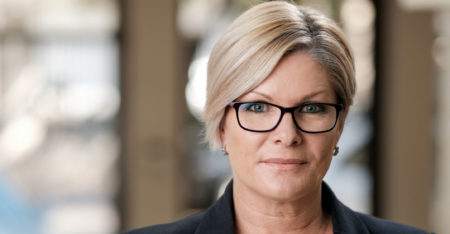
Richard Came, president of the Fibre to the Home (FTTH) Council Africa, has lamented the problems that have beset the department of communications (DOC) for the past decade, saying the repeated shuffling of communications ministers has had a significant impact on South Africa’s ability to deliver affordable broadband.
“The lack of stability and accountability at the DOC over the past decade has been a major contributor to a lack of progress,” Came told the FTTH Council Africa’s annual conference in Gauteng on Tuesday. Deputy communications minister Stella Ndabeni-Abrahams spoke immediately after Came delivered his address.
“The current relationship between the private and the public sector is not a healthy one,” Came said in his presentation. “We need to prioritise achieving a better relationship between the two.”
Came said the private sector should be supported by government, but too often government-led projects undermine private investment. He blamed projects like BWired, led by the City of Johannesburg, for duplicating infrastructure unnecessarily.
“Almost all fibre implementations in the past five years have been funded by the private sector and very little by the public sector,” he said. “The private sector was funded by the banks and shareholders that provided the very valuable checks and balances that money is being spent efficiently and ensuring that projects are viable. Big customers signed up before infrastructure investment begins.”
He said this is not the norm when it comes to investments by government, which tends to build networks and then go looking for customers. He said he wished he could say that the public sector had played a “supportive and constructive role” in building telecoms infrastructure. “Unfortunately, that is not the case.”
Turning to the high turnover of communications ministers, Came said: “There’s typically a scandal of some sort, that’s followed by a changing of the guard and the appointment of a new communications minister. The industry greets those appointments with increasing cynicism, but doesn’t say anything because people are too scared to provoke the wrath and invoke retribution.
“The new appointee often comes from some portfolio such as arts & culture or defence, they’d then appoint some consultants, ideally international ones, then eventually hold a national broadband planning conference where private industry is invited to listen,” he said.
“The conference typically commences with an announcement that telecommunications costs are too high and unaffordable and that the private sector only serves the wealthy urbanites and that it is only through state intervention that underserved citizens will ever be taken into the digital age.”
This approach, Came said, had resulted in a “series of disjointed and uncoordinated public-sector projects and network infrastructure build projects at national, provincial and metro level”.
“These are typically allocated generous budgets, but very often they duplicate investments already made by the private sector … [and] have very little prospect of success.”
That said, Came said he was encouraged by the current communications minister Yunus Carrim’s more “pragmatic approach” in dealing with how to extend broadband in South Africa.
But he warned that to succeed, government had to “make the mental shift to cooperate with the private sector on equal terms”. At the same time, the private sector had to “come to terms with allowing the state and competitors to access their infrastructure”.
“We’re not going to go anywhere unless both parties make a major leap from both of their positions,” he said. — (c) 2013 NewsCentral Media




